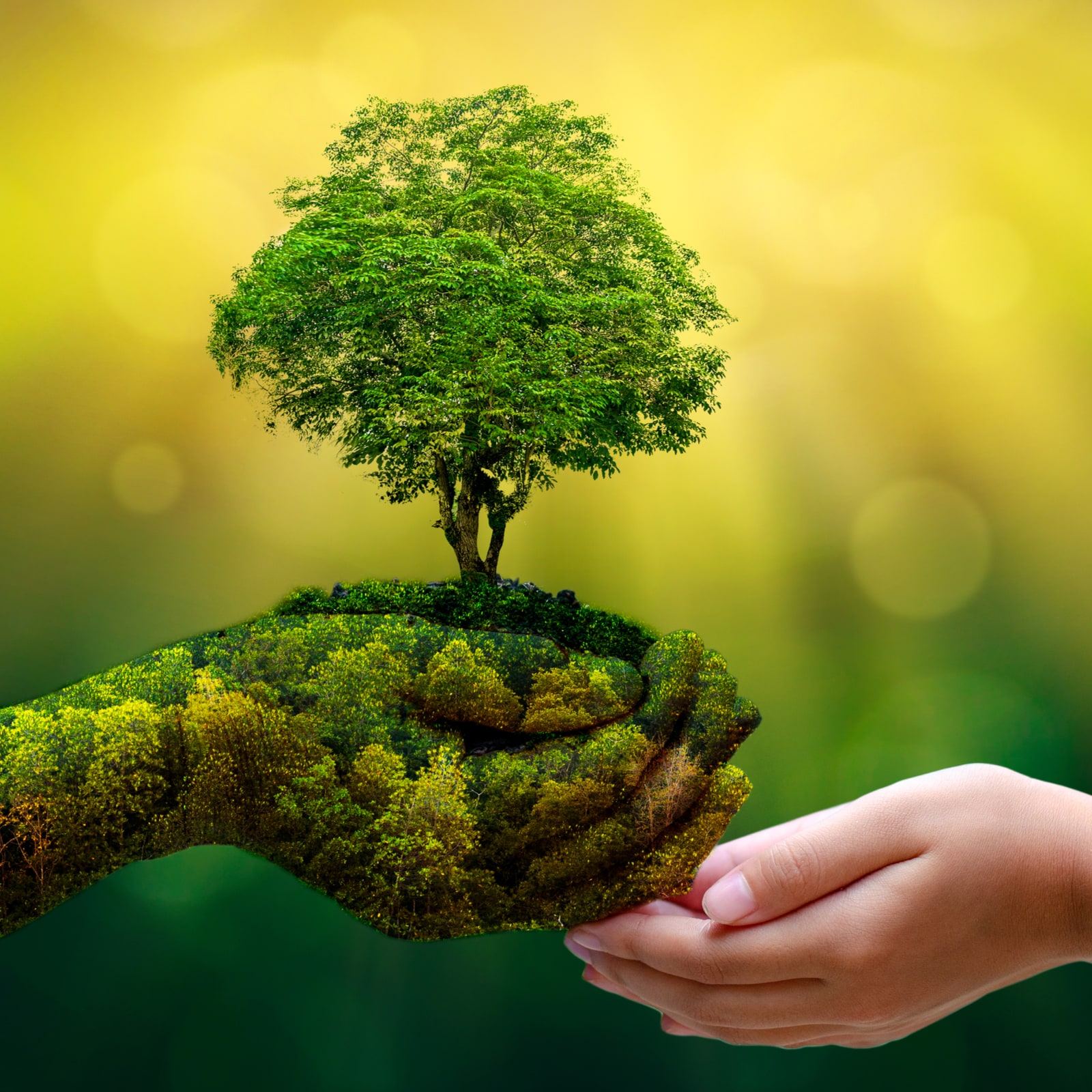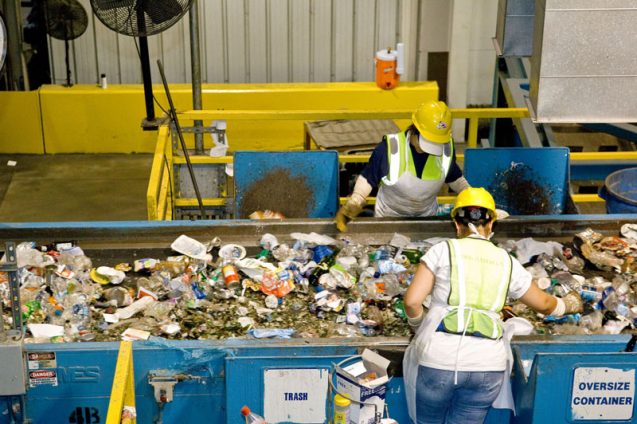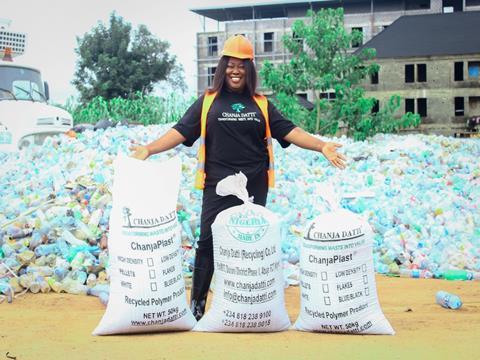Amazing Benefits of Recycling Services will be described in this article. We must immediately stop the flow of trash that is polluting our environment, from landfill pollution to the harmful impacts of plastic in our oceans. Here are several reasons recycling is beneficial to both the environment and you. Our recycling practises at home, in schools, and at work need to be greatly improved.
The UK government has set a goal of recycling 65% of municipal garbage by the year 2035, but we still have a long way to go since the country now recycles at a rate of roughly 45%. We must never forget how important recycling is to maintaining the sustainability of our planet.
Top 7 Benefits of Recycling Services In 2023
Top 7 Benefits of Recycling Services are explained here.
1. Conserving natural resources
Natural resources are limited in number and some are in extremely short supply.
A fundamental level:
- Forests and trees are preserved by recycling paper and wood.
- Yes, new trees can be planted, but if an ancient forest or virgin rainforest is destroyed, they cannot be replaced.
- Recycling plastic results in less new plastic being produced, which is undoubtedly a positive thing considering that it is often formed from hydrocarbons extracted from fossil fuels.
- Metal recycling eliminates the need for risky, costly, and destructive mining and extraction of new metal ores.
- Recycling glass decreases the requirement for new raw resources like sand, which is hard to imagine given that some types of sand are becoming scarce globally.
- Stack of plastic bottles, some crushed and ready for recycling.
- At the end of the day, even recycled plastic is still plastic.
- Image courtesy of Streetwise Cycle on Wikimedia Commons
2. Protecting ecosystems and wildlife
Recycling lessens the need to cultivate, gather, or mine fresh raw materials from the planet. As a result, less harm is caused to the environment, including less forest destruction, river rerouting, injury or displacement of wild species, and decreases in water, soil, and air pollution.
Of course, if our plastic waste isn’t properly disposed of in the recycling, it may end up hundreds or thousands of kilometres away, damaging waterways and coasts, which would be a concern for everyone.
3. Reducing demand for raw materials
More of the poorest and most vulnerable people (such as those who live near woods or river systems) are being evicted from their homes or subjected to various forms of exploitation as a result of the growing demand for new goods worldwide.
In the quest for inexpensive wood, forest populations may find themselves uprooted, and industry waste may desecrate or contaminate rivers.
Recycling pre-existing products is considerably preferable to degrading another person’s neighbourhood or piece of property while looking for fresh raw materials.
4. Savings energy
Energy is used less efficiently when items are made from recycled materials than when new raw materials are used. Sometimes the difference in energy is enormous.
For instance:
- Utilizing recycled materials to create new aluminium saves 95% more energy than creating it entirely from scratch.
- There is an about 70% energy savings for steel.
- 40% less energy is required to produce paper from pulped recycled paper than it is to produce paper from virgin wood fibres.
- An old 100-watt light bulb could be run for 4 hours on the energy saved from recycling one glass bottle, while a new low-energy LED bulb could run for much longer.
5. Cutting climate-changing carbon emissions
Recycling results in lower carbon emissions since it requires less energy to find and process fresh raw materials. Additionally, it prevents waste that could release methane from entering landfills. Reduced atmospheric emissions of carbon dioxide and other greenhouse gases are essential to halting dangerous climate change. Also check Cruise booking services
6. Cheaper than waste collection and disposal
“It is 6 times better affordable to dispose of recycled rubbish than regular refuse,” the Lambeth Council in London noted. Therefore, saving money by recycling more and throwing less away should benefit homes, businesses, and regional public services. Recycling green and food waste is a good idea as well because it frequently results in a significant amount of compost that can be used to grow further food and other crops.
Worker collecting recycling, emptying bin Manchester’s Emerge Recycling
7. Tackles youth unemployment
The coronavirus pandemic has wreaked havoc on every aspect of our life, including the workplace. Over 500,000 young people between the ages of 16 and 24 do not now have jobs, and this number is anticipated to rise sharply after the furlough programme is terminated.
The government must invest in more green jobs in order to future-proof livelihoods rather than supporting ailing, polluting businesses.
Young people are currently being taught about and given career guidance for jobs that might not even exist in ten years.
If in doubt, remember those three Rs: Reduce, Reuse, Recycle
Instead of preparing kids for success, we are putting them up for failure. Youth protesters at the 2019 September 20th Global Climate Strike. Also check Mobile Car Wash And Detailing Services
When in doubt, keep in mind the three Rs:
- Utilize less, recycle more. The reality is that we all need to develop the habit of initially utilising less goods.
- To reduce waste, we should try to reuse items as much as possible before recycling them.
- This would make a big contribution to the solution to the global waste management problem, which has unfairly forced many Global South countries to manage the trash of Global North countries.
- Governments cannot overlook the issue of what to deal with garbage.
- We must support rising calls for greater government action on decreasing plastic waste with our efforts to control our garbage.











Add Comment